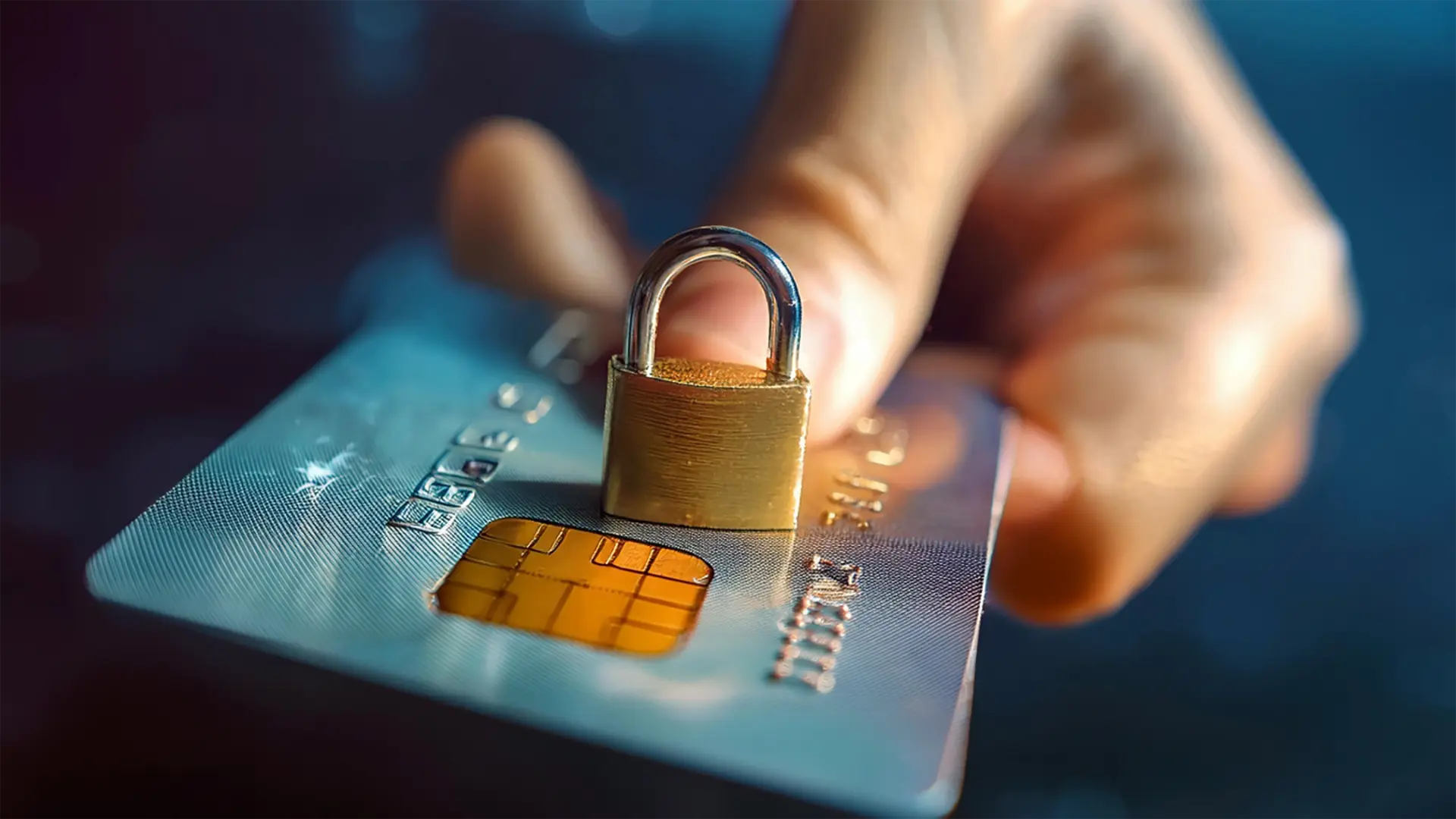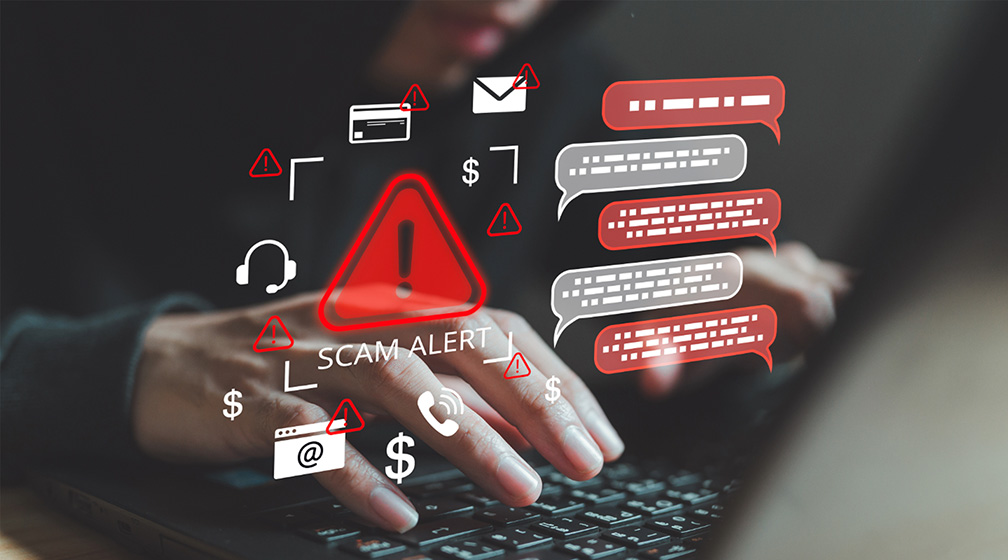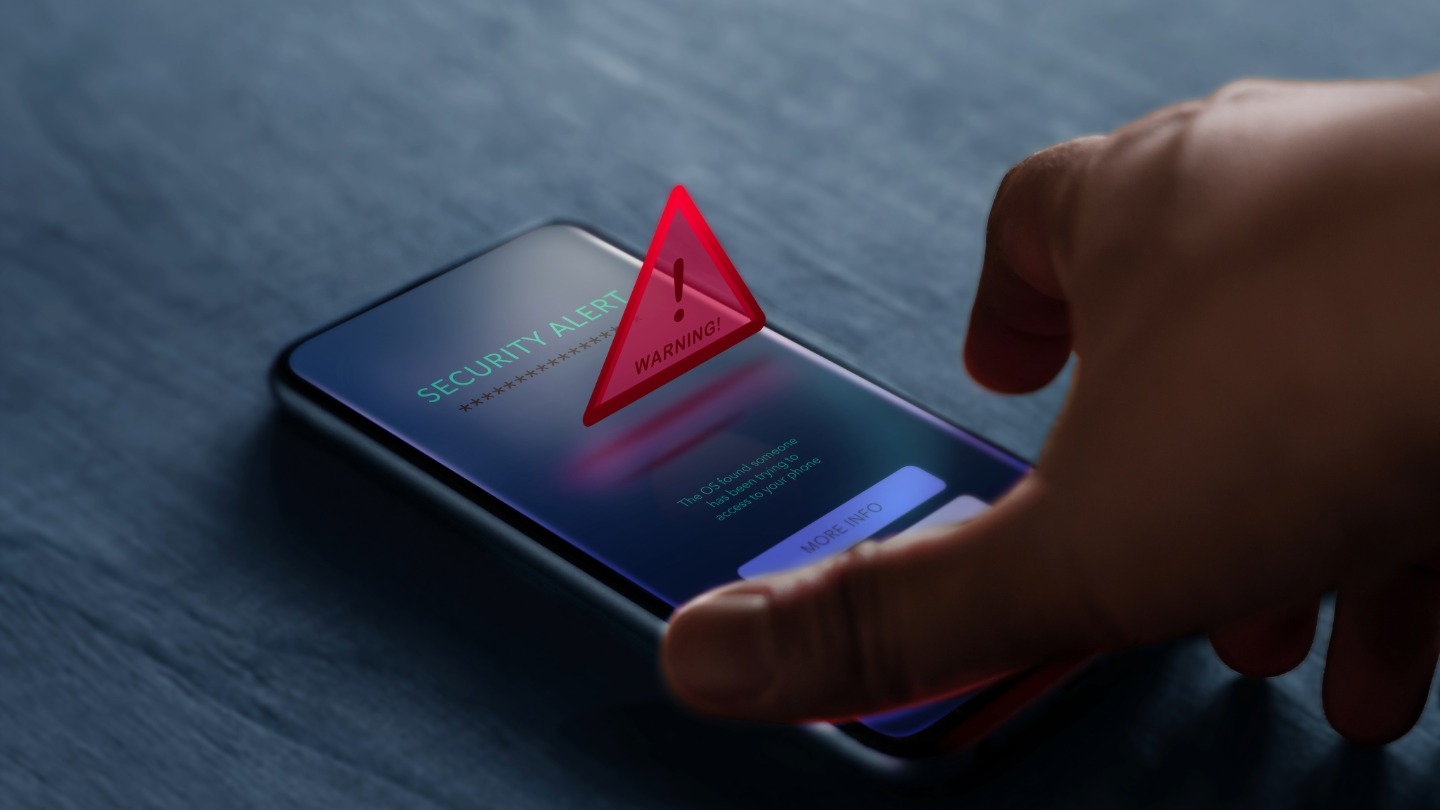
Zelle scams are on the rise, just like many scams targeting popular payment apps and online marketplaces.
Zelle is exceptionally popular for both individuals and businesses, since it is available at more than 2,200 banks directly within their mobile app or online banking website.
But Zelle’s fast and convenient money transfers paired with its wide-spread use make it a prime target for scammers. To help you stay safe on Zelle, we’re sharing common Zelle scams and steps you can take to avoid becoming a victim.
Understanding Zelle Scams
There are many reasons that criminals target Zelle, according to the Consumer Financial Protection Bureau:
- Payments are fast (sometimes instant) and difficult to reverse
- Criminals can quickly create and set up accounts that use Zelle
- Repeat offenders can hop between banks to avoid detection
Here we break down common Zelle scams, provide practical tips to avoid them, and let you know what to do if you get scammed.
Common Zelle Scams
There are countless different scams in existence, and that list continues to grow. While Zelle can be used in many different types of scams, the following are the most common scams that utilize the Zelle platform.
Phishing Scams
Phishing scams occur when a criminal impersonates a legitimate organization to trick you into taking some action. They may want you to provide sensitive data, click a malicious link, or download an attachment that is infected with malware. They may even try to capture your login details and take over your bank account entirely.
Accidental Payment Scams
You may receive an unexpected Zelle payment from a stranger to your account. The person who sent the payment then contacts you directly, claiming to have transferred the funds by mistake and asking you to return the money.
But the scammer actually used someone’s stolen credit card or bank account info to pay you. When you send back the funds you received, the scammer will pocket the money and you will have little recourse if the original fraudulent deposit gets reversed. Payment reversals are less common on Zelle, but are still a risk.
Fake Sales and Purchases
Some scammers troll marketplace sites like Facebook Marketplace or OfferUp with fake listings. They may try to get you to pay them in advance to reserve an item that doesn’t really exist, then take your money and disappear.
📚 Learn more about how to avoid Facebook Marketplace scams.
Cash Flipping Scams
With cash flipping scams, someone who claims to be a financial advisor, entrepreneur, or other expert asks for an investment that they promise to quickly flip for a profit. Instead, they will actually keep the money you send, or hook you for a larger amount by initially returning a small amount of money with a modest profit.
Romance Scams
With romance scams, criminals pretend to be interested in you romantically, usually on romance sites or dating apps. There are many types of romance scams with different goals, such as getting you to send money for fake expenses or getting racy photos in order to blackmail you.
Check out our guide to online romance scams for more details on these deeply harmful scams.
Charity Scams
In the wake of a recent disaster or tragedy, fake charities may pop up to scam good Samaritans out of their donations. You send money via Zelle to a fake charity, which keeps your money and never uses it to help anyone.
💡Learn more about how to avoid charity scams.
How to Avoid Zelle Scams
You can continue to use Zelle to send and receive money, but you should take steps to protect yourself. Here are some tips to help you avoid falling for common Zelle scams:
- Only send money to people you know. You can avoid many scams by only using Zelle to pay people you know and trust. Make sure to verify their Zelle accounts before sending money to ensure you’re paying the right person.
- Don’t automatically trust incoming messages. If you get an email, text, or direct message asking you to take some action – like click a link, provide information, or send money – don’t automatically believe it’s legitimate, even if it appears to be from a real person or organization. Only communicate directly through official channels.
- Monitor your bank account. Regularly review the transactions and purchases in your bank accounts. Your bank should provide monthly statements for review, or you can log in to your account to look for suspicious activity at any time.
- Use account security features. Make sure to have a unique password for all your financial accounts, including payment apps. Enable security features like two-factor authentication for extra security.
What to Do If You Experience a Zelle Scam
If you got scammed on Zelle, you need to act now to prevent further fraud from occurring. Take these steps if you experience a Zelle scam:
- Report scams to Zelle. Immediately report any scam to Zelle. You might be too late to recover your funds, but Zelle can investigate the incident and possibly ban the scammer. Report fraud on Zelle’s website or call them at 1-844-428-8542.
- Notify your bank. Dispute unauthorized transactions and report money transfers related to scams directly to your bank. Continue to monitor your account after fraud occurs to look for suspicious activity.
- Report scams to the authorities. Depending on the nature of the scam, you may want to report it to the police and the Federal Trade Commission (FTC). Having a copy of a police report or FTC complaint can help you dispute fraudulent activity in the future.
- Call IdentityIQ. If you are an IdentityIQ member, you should contact us. Our team of fraud recovery experts can help you report the scam to the right people and take steps to protect yourself from further harm. Log in to your account or call us at 877-875-4347.
- Sign up for identity theft protection. If you don’t have identity theft protection yet, consider signing up for a reputable service like IdentityIQ. Identity protection can help you monitor for signs of fraud, keep yourself safe online, and quickly recover your identity if you become a victim. See how IdentityIQ compares to other brands like Aura, LifeLock, and Credit Karma here.
Zelle Scam FAQs
If you were tricked into a Zelle scam, or are worried about being a victim, you probably have a lot of questions. We answered some of the top questions we get from Zelle users below.
Is Zelle safe?
Zelle is generally safe to use if you only transfer money to friends, family, and other people you trust. It’s offered by many major banks and has safety features like password protection and two-factor authentication. But Zelle is a target for scammers and doesn’t offer the same consumer protections as bank accounts and credit cards, so it’s important to use caution.
Can you dispute a Zelle payment?
Zelle payments usually cannot be reversed or canceled. And unlike services such as PayPal or Venmo, Zelle does not offer chargeback protection. While there is a process to report scams and fraud, you may not have the ability to recover your funds if you get scammed.
Can someone access your bank account through Zelle?
No, your bank account cannot be accessed through Zelle, since the platform does not share sensitive information like bank account details when you send or receive money.
Is it safe to receive Zelle payments from strangers?
Whether or not it is safe to receive Zelle payments from strangers depends on the situation. If you sold something to a stranger and they want to use Zelle to pay you, it could be safe. But it’s generally best to use Zelle with friends, family, and other trusted individuals. Strangers who send you money could be running a scam, especially if you didn’t expect to receive a payment from them.
Can people take back money they send you in Zelle?
Payments through Zelle usually can’t be reversed, so in most cases people cannot take back money they send you in Zelle. However, if you receive a payment that someone claims to have sent by accident, it could be a scam.
Staying Safe with Payment Apps
Zelle provides a convenient way to send and receive money, with free instant transfers and integration within your bank account. But criminals target Zelle users with a variety of scams because money transfers are often irreversible.
To keep yourself safe, you should know the signs of a scam, take steps to protect your accounts, and proactively monitor your identity.
How IdentityIQ Can Help
Payment apps will always be popular scam targets for criminals. IdentityIQ can help keep you safe from fraud and identity theft by monitoring your identity and giving you the tools you need to protect yourself online.
Our fraud restoration team can also help you recover your identity and report fraud if you fall victim to a scam or your personal information gets compromised. Don’t wait until after you get scammed to take fraud and identity theft protection seriously.
Join IdentityIQ today to get the peace of mind of industry-leading identity theft protection backed by $1,000,000 in stolen funds reimbursement4.







